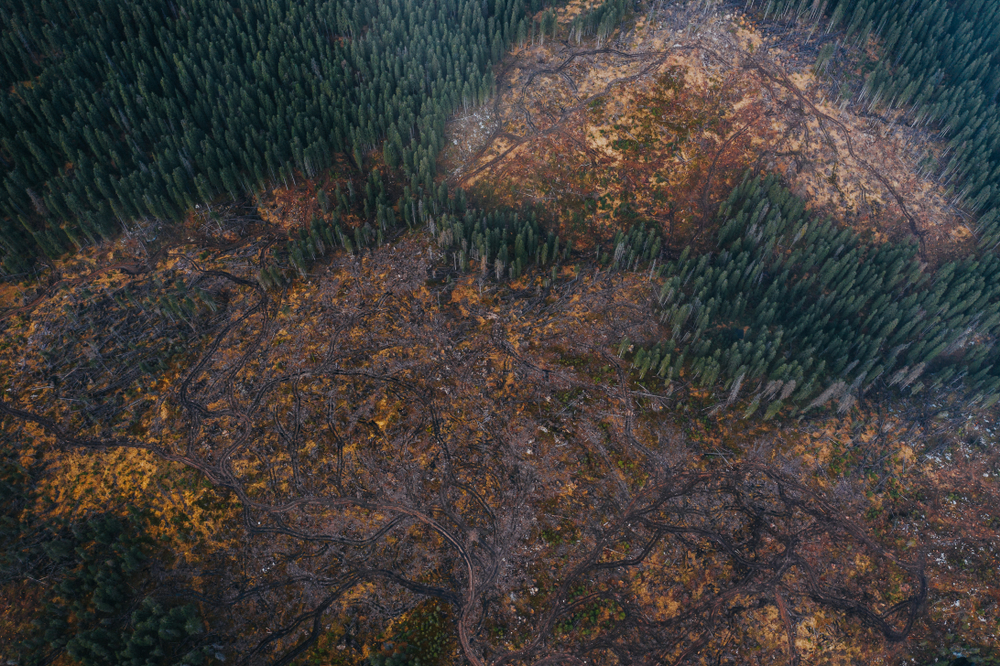An environmental call to arms
G7 members and other leading countries are already equipped to go after the illicit funds of criminals – funds that are wreaking havoc on ecosystems, wildlife and people worldwide. Now is the time to use those tools
As the world wonders what recovery will emerge from the wreckage of the COVID-19 pandemic, policymakers face unprecedented challenges. Public health crises, major economic and social disruption, high unemployment and food insecurity will all rightly be prioritised. However, the G7 must not lose sight of other crucial issues – including the devastating effects of climate change, environmental damage and criminals looting the world’s already fragile natural resources.
Criminal gangs that commit environmental crimes know they will almost certainly get away with the profits. Up to $281 billion is generated through environmental crime each year. This destroys wildlife, damages ecosystems, and deprives countries of resources, revenue and development opportunities. At precisely the time when we should be getting a grip on fast-shifting climate change, our planet is being robbed of a sustainable future. That is why the Financial Action Task Force is working to help national authorities and the private sector stop the organised crime networks involved.
By applying the FATF’s global standards to combat money laundering, authorities can trace the profits and prevent illegal logging from devastating the world’s forests and contributing to climate change. By following the money that fuels the illegal wildlife trade, governments can protect endangered species from extinction and humans from the threat of zoonotic diseases. Other environmental crimes, such as illegal fishing, illegal mining and illegal waste disposal, can all be tackled through financial investigations.
LEADING BY EXAMPLE
If the G7 leads and sets an example here, it will have an impact. I wholeheartedly welcome the priority that the British G7 presidency places on illicit threats to nature. Until now, however, there has been little coordination even among the G7 and G20, let alone globally. Profits from environmental crime increase by at least 5% each year. Moreover, many criminal networks also carry out other serious crimes such as drugs and arms trafficking. The proceeds are often shifted through anonymous shell companies. Each year criminals, terrorists and corrupt officials exploit companies and trusts to hide their true identity and launder hundreds of billions of dollars. That illicit money fuels more crime.
The G7 can help break this cycle by taking concrete action to follow the money behind crime and terrorism by improving transparency of beneficial ownership to show the real owner of a company. The group was loudly applauded in 2013, when it showed global leadership to tackle the misuse of offshore financial centres. Its commitments led to action by the G20, Organisation for Economic Co-operation and Development, European Union and many others to prevent money laundering and help developing countries stem and recover the proceeds of corruption.
Now, the G7 needs to do more. Beneficial ownership rules in some G7 countries are not working well enough. The FATF’s evaluations show that countries across the board have failed to prevent the abuse of companies and trusts or make real owners transparent.
This is hugely damaging to the global fight against financial crime. The FATF is reviewing the global rules on beneficial ownership transparency. The G7 should be at the forefront of these discussions and commit to specific, progressive action to end loophole-riddled legislation. This would stop tax havens from dodging the rules and prevent unprincipled lawyers and accountants from helping crime flourish.
TACKLING CRIME ENABLERS
Another related area where the G7 can lead is by promoting political engagement to tackle money laundering and terrorist financing. There is a lack of understanding, political will and capacity to tackle them, even though they enable serious crime and terrorism. This is reflected in the relative lack of political support for some of the FATF’s nine regional bodies. Many have insufficient resources and skills to address the illicit finance and terrorist threats in their regions.
G7 members, both collectively and individually, need to push for increasing capacity-building around the world and ensure it is properly targeted and coordinated. Using diplomacy and soft power, G7 members can build political support and international cooperation to tackle the serious threats we face. The fear of being named on the FATF’s “grey list” should not be the driving force for tackling money laundering. We need national leaders and governments to engage actively with the issues and realise that by following the money, you can help root out criminal activity, protect your economy and help save the planet. This is the point of the FATF: to prevent and stop serious crime and terrorism by following the money. The G7 and other leading countries already have the tools to go after the illicit funds of criminals. It is time to use them.












